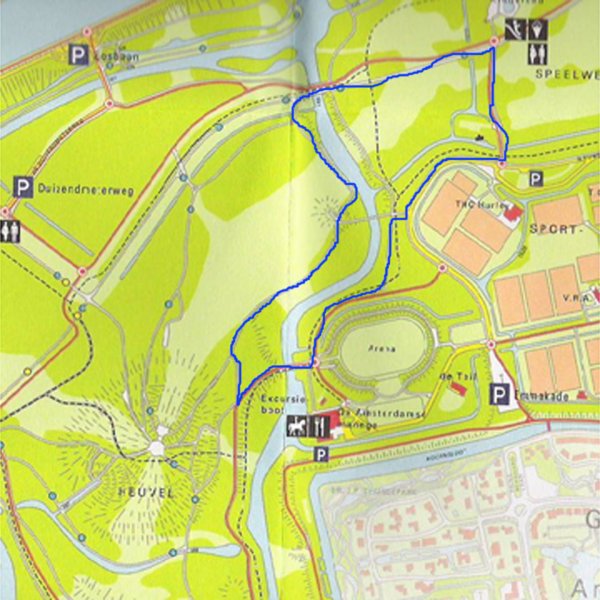Impossibility Challenger was an event founded in 1982 by Sri Chinmoy with the idea to give people the chance to transcend their limitations and make an effort to set a new world record or personal best. The event is organised by members of the Sri Chinmoy Centre and, in the past few decades, has been held in several cities around the world The unique event attracts a diverse range of participants who are keen to test themselves in the friendly and welcoming atmosphere of 'Impossibility Challenger'.
This years edition was held in Den Haag, Netherlands, and attracted a range of record breakers from quickest time to solve a Rubik's cube and tests of memory - to physical challenges such as the fastest running whilst skipping.
Video of the event
Sri Chinmoy encouraged this event because he felt that the personal effort and discipline of trying to better oneself could give a more meaningful understanding of our latent capacities and this effort to reach new achievements would give a genuine sense of happiness. Sri Chinmoy often described this effort of challenging ourself as a philosophy of 'self-transcendence'.
Either forget impossibility’s challenge
Or challenge impossibility’s pride
To become truly happy.
- Sri Chinmoy
At this year's event, one of the participants was Ashrita Furman, who holds the Guinness World Record for having the most world records. In a record-breaking career, since 1979, he has set over 700 Guinness Records and currently holds more than 200. At this event, he set a new record for cutting 59 kiwis in a minute and also - completing 66 rounds of juggling a burning torch, within one minute.
The event attracted a range of self-transcendence feats - including push-ups, paper folding, skipping, sack racing and fastest one-handed hand-clap. It also included an epic feat of poetry recital. American Mahiruha Klein recited, over a period of several hours, 1,000 poems of Sri Chinmoy from the poetry series "The Golden Boat" He later commented that he recited from memory 965 absolutely correct, with just a few slips in the other 35 poems. For Mahiruha, the long period of the recital was not about the outer display of memory, but a very rewarding inner experience to become immersed in a world of spiritual poetry.
The event attracted substantial media coverage from the local Dutch press who covered the unique challenges of the event.
Related

